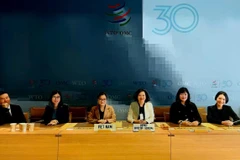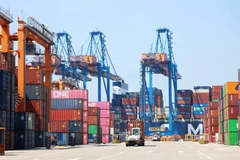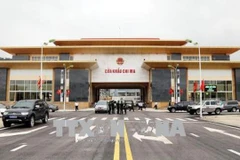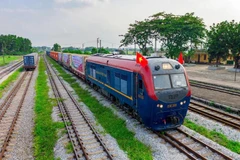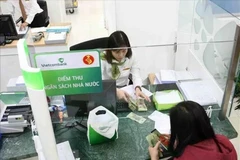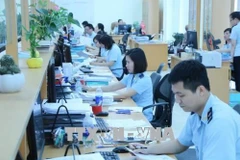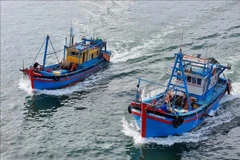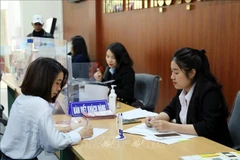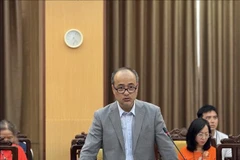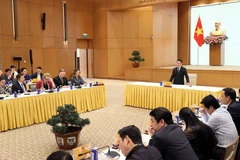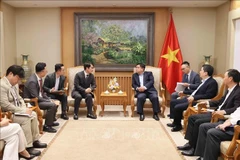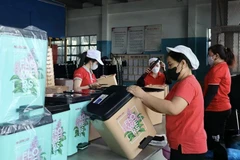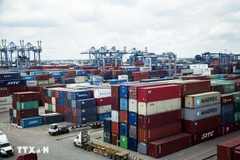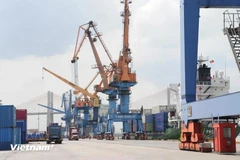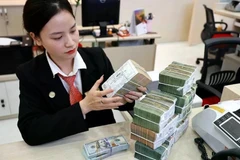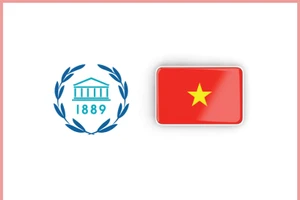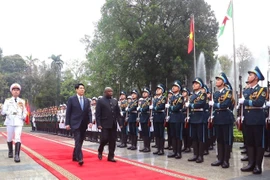Speaking at the ongoing sixthTonkin Gulf Economic Cooperation Forum held in Nanning, in south China'sGuangxi Zhuang Autonomous Region, Vietnamese Deputy Minister ofTransport Le Manh Hung
highlighted seven prioritised fields forcooperation defined in a feasibility study report on how the expandedTonkin Gulf economic cooperation, including infrastructure construction,seaports and transport, trade and investment facilitation, agricultureand environmental protection, would be a foundation for implementingfuture joint activities.
The Deputy Minister said the“Vietnam-China two corridors and one belt” initiative and economiccooperation areas on the border between Vietnam and China played animportant role within the framework of the expand Tonkin Gulf economiccooperation.
He also noted that the implementationof the cooperative initiatives was based on the principles of equality,common interests and respecting international law, independence,sovereignty and territorial integrity of participating countries.
ASEANcountries and China should have solid action plans, focusing onincreasing possibilities for regional connectivity, creating conditionsfor economic exchange and implementing the “ASEAN Connectivity MasterPlan”, the Deputy Minister said.
Held on Aug. 18-19, the sixthforum drew about 400 delegates from China and member states of theAssociation of Southeast Asian Nations (ASEAN) to discuss measures toincrease regional transport infrastructure connectivity, promote tradeand investment, tourism and financial cooperation in the expanded TonkinGulf economic cooperation area./.
